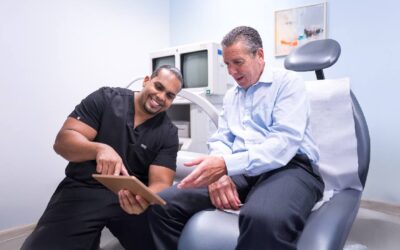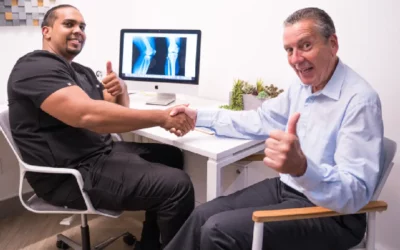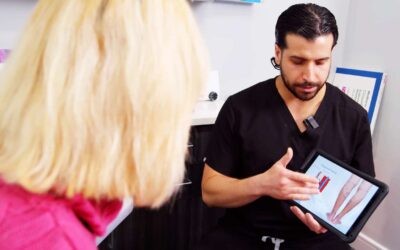Can Venous Reflux Be Cured? 5 Ways to Alleviate the Symptoms of Vein Disease
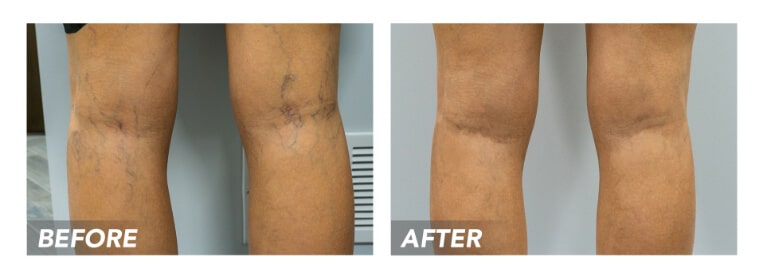
Can venous reflux be cured?
Venous reflux, also known as chronic venous insufficiency (CVI), is the primary root cause of most vein problems, including spider veins, varicose veins, leg heaviness, and deep vein thrombosis. Venous insufficiency is a circulatory disorder wherein your vein valves collapse, and blood accumulates in leg veins. Chronic venous insufficiency can’t be cured or reversed, but you can take some at-home measures to alleviate the symptoms. The only way to treat vein disease is through minimally invasive spider vein and varicose vein treatments, such as radiofrequency ablation and laser ablation.
Our medical centers for vein treatment in New Jersey specialize in cutting-edge treatments for spider veins, varicose veins, and chronic venous insufficiency. Our vein doctors examine your leg veins, discuss your symptoms, and curate a comprehensive vein treatment plan. We only provide minimally invasive vein treatments because they’re safer, more effective, and more convenient than vein surgeries. Your vein treatment concludes within an hour, following which you can resume your daily activities — no downtime. Please schedule an appointment to learn about your vein treatment options in New Jersey.
Chronic venous insufficiency, also known as venous reflux, is a condition wherein blood accumulates in your leg veins because of damaged vein valves. Healthy veins contain valves that act as one-way doors, ensuring smooth blood circulation to the heart against the force of gravity. When your vein valves malfunction or collapse, blood flows backward and accumulates in the leg veins, eventually leading to vascular dilation and the formation of spider veins and varicose veins. As such, all the symptoms of vein disease occur because of improper blood flow and accumulated blood in leg veins.
Below, we describe the 6 most effective ways to alleviate the symptoms of chronic venous insufficiency.
#1. Wear compression stockings regularly
If you have the signs and symptoms of chronic venous insufficiency, you must wear compression socks or compression stockings regularly. Compression stockings are skin-tight garments that apply pressure on your leg veins to push the accumulated blood towards the heart, alleviating the worst symptoms of chronic venous insufficiency. The symptoms of vein disease worsen when blood accumulates in leg veins, so wearing compression stockings can prevent the condition from worsening. However, you must wear custom-fitted compression stockings that apply enough pressure to prevent the accumulation of blood in leg veins — but not enough pressure to damage your veins. Please contact our board-certified vein doctors for custom-fitted compression stockings.
#2. Engage in cardiovascular exercises
If you have chronic venous insufficiency, you should engage in cardiovascular exercises that activate your calf muscles, such as yoga, swimming, cycling, and running. Cardiovascular exercises improve blood circulation towards the heart, which can effectively reverse some of the worst symptoms of vein disease. Furthermore, exercises that activate your calf muscles push some of the accumulated blood towards the heart, which, in turn, reduces pressure on your leg veins. Exercising won’t treat chronic venous insufficiency, but it will prevent the condition from worsening and offer temporary relief from some of the symptoms. Even if you don’t have chronic venous insufficiency but exhibit some of the risk factors, you can exercise regularly to minimize the risk of vein disease.
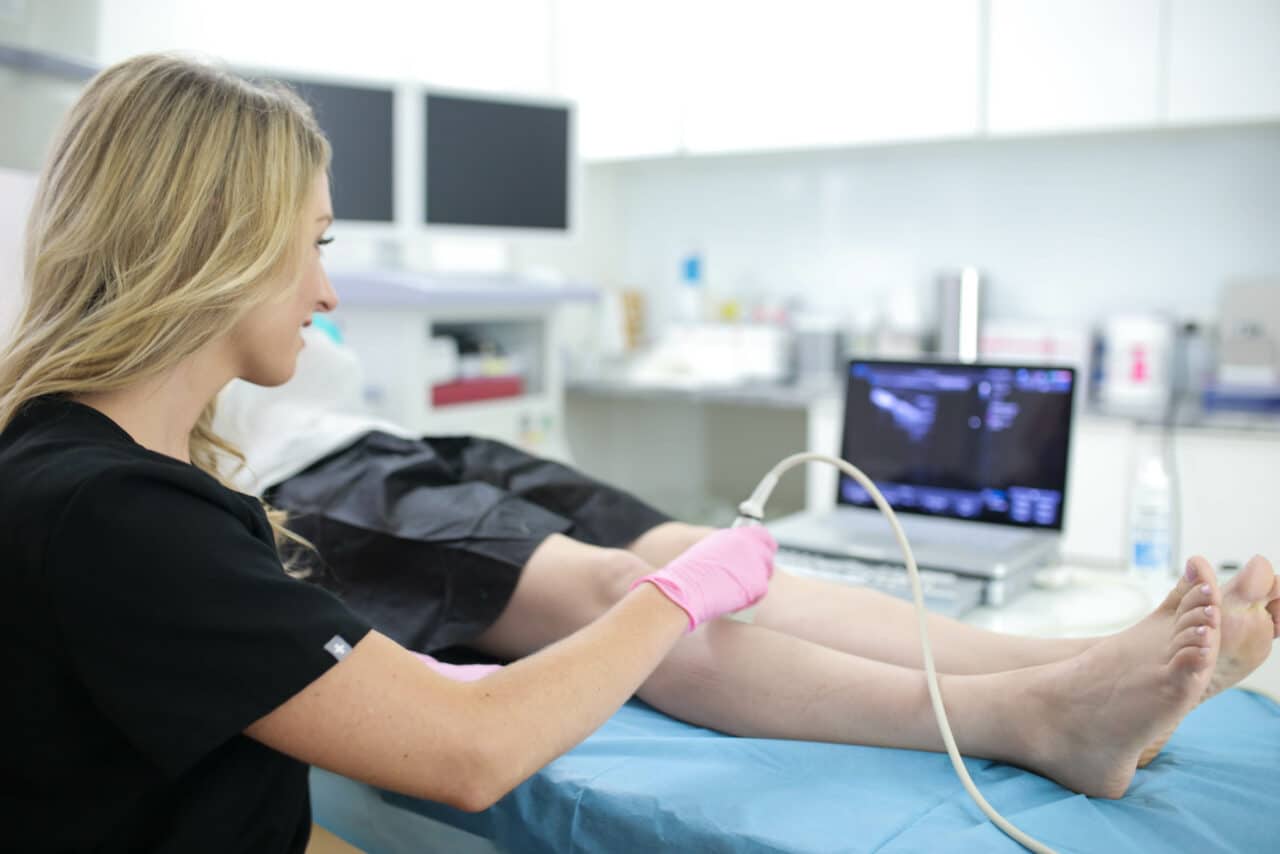
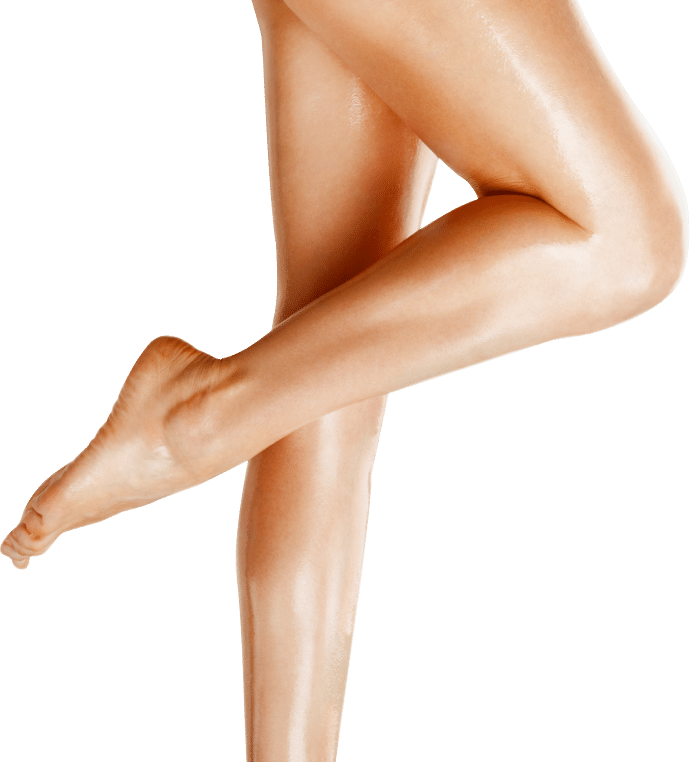
BOOK AN APPOINTMENT
Do you have any symptoms? Consult now with one of the Best Vein Specialist in New Jersey
#3. Elevate your legs while sitting down
Gravity is one of the reasons why you develop spider veins and varicose veins in your legs. The valves in your veins act as a counterweight to gravity, allowing blood to flow towards the heart. When flowing from the legs to the heart, your veins often carry blood against the force of gravity. But when your vein valves collapse, gravity forces blood to flow backward and pool in the leg veins. Since gravity is responsible for vein disease, you can also use gravity to alleviate the symptoms of vein disease. When you elevate your legs above the heart’s level while sitting, gravity pushes some of the accumulated blood from your leg veins to your heart, thus improving your symptoms.
#4. Don’t sit or stand still for long periods
If you have chronic venous insufficiency or a high risk of vein disease, you should not sit or stand still for long periods. Occupations that involve long periods of sitting and standing lead to an increased risk of chronic venous insufficiency. That’s why vein disease is extremely common amongst nurses, teachers, drivers, pilots, and people with desk jobs. When you sit or stand still for long periods, blood accumulates in your leg veins because of gravity, which increases vascular pressure and the risk of vein disease. If you have a desk job, you should change your posture frequently and take short breaks to walk around the office every 30 minutes. If you have venous reflux, this simple change will prevent the condition from worsening.
#5. Undergo minimally invasive vein treatments
None of the aforementioned lifestyle changes can cure or treat chronic venous insufficiency. They might prevent the condition from worsening and alleviate some of the symptoms, but they can’t provide lasting relief. The only way to treat chronic venous insufficiency is through minimally invasive procedures, such as radiofrequency ablation, endovenous laser ablation, and venaseal. During these procedures, the vein doctor uses thermal energy, laser energy, or medical-grade adhesives to destroy the diseased saphenous vein responsible for your vein problems, rerouting the accumulated blood into healthier leg veins. Once the diseased vein is neutralized, optimal blood flow returns to the heart, which, in turn, improves your symptoms permanently. The vein doctor can perform additional treatments to remove the spider veins and superficial varicose veins.
NJ Vein Doctors
Meet our team of New Jersey Vein Treatment Specialists
Vein Treatments are covered by most major medical insurances, including Medicare. Call us today to verify your insurance for FREE >
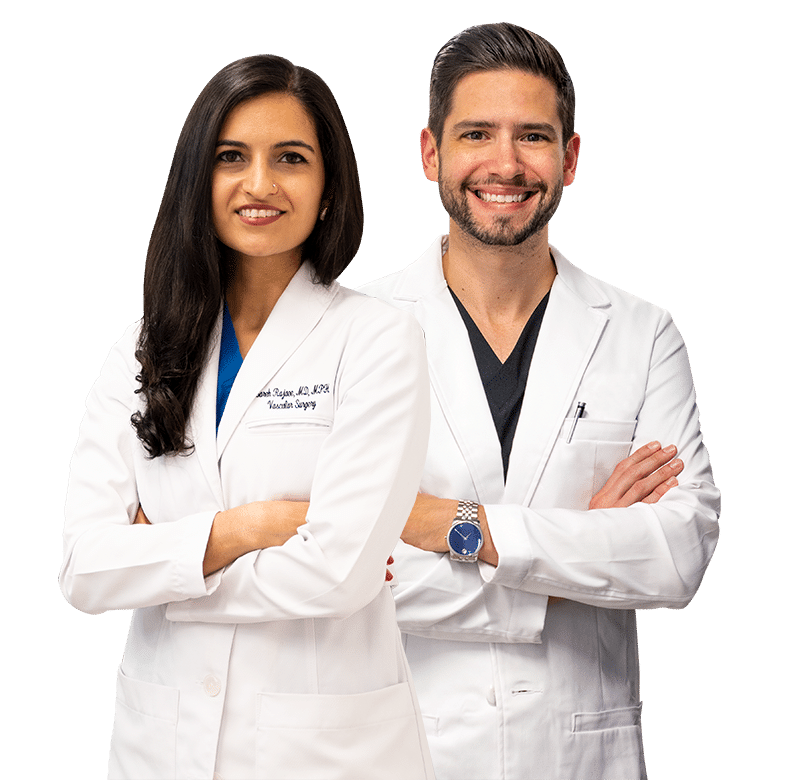
Meet our Team of Top Vein Specialists in New Jersey
Contact us
CALL US
Speak instantly with one of our team members; they will answer any questions you may have regarding insurance coverage, booking an appointment and our vein treatment locations. (973) 946-8082
BOOK APPOINTMENT
Visit our Book Appointment page and instantly request an appointment at the New Jersey vein center. We offer Free Insurance Verification before your appointment.
